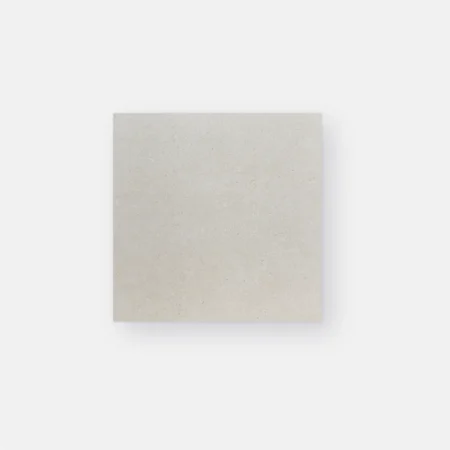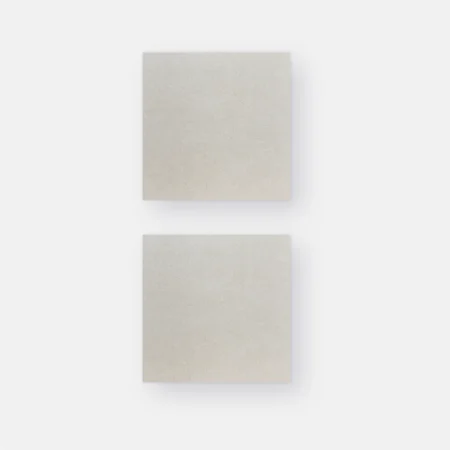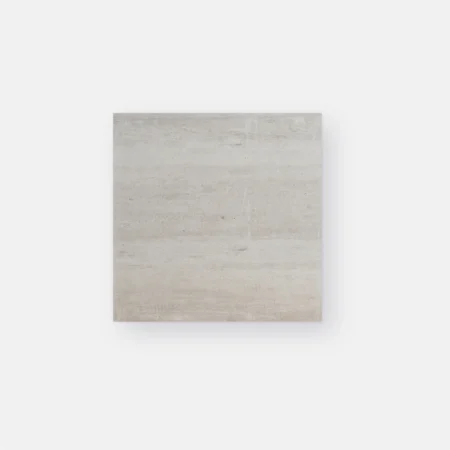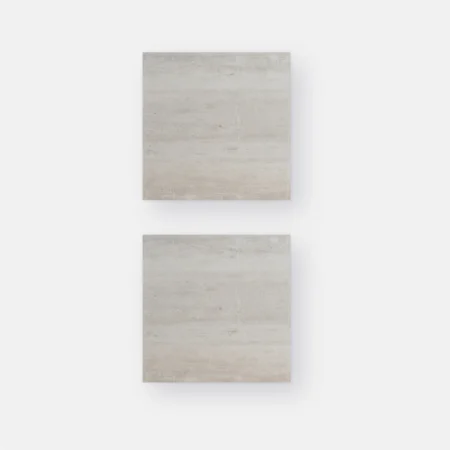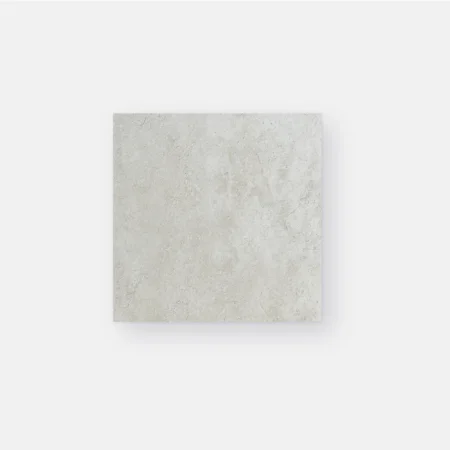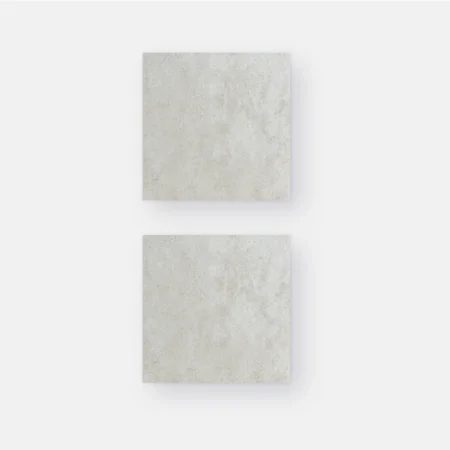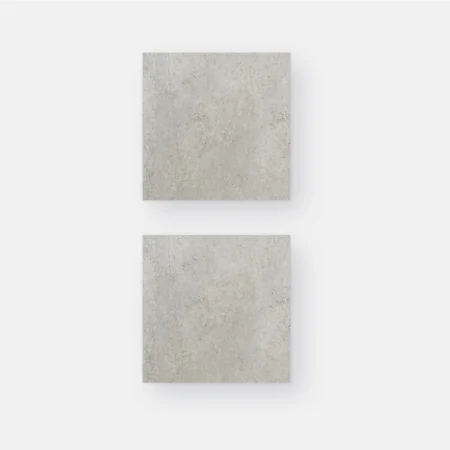Porcelain Tiles Sydney
Porcelain tiles are a popular choice for homeowners who want to create stylish and durable flooring or wall covering. Porcelain tiles are made from fine clay that is fired at high temperatures, resulting in a hard and dense material that is resistant to water, stains, scratches, and temperature changes. Porcelain tiles come in a variety of textures, finishes, colors, shapes, and sizes, making them suitable for different applications and design preferences. In this article, we will explore some of the benefits and features of porcelain tiles, as well as some tips on how to choose and maintain them.
Applications of Porcelain Tiles
One of the advantages of porcelain tiles is their versatility and adaptability. Porcelain tiles can be used for both indoor and outdoor spaces, as they can withstand harsh weather conditions and high foot traffic. Porcelain tiles can also be installed on different surfaces, such as floors, walls, countertops, backsplashes, fireplaces, showers, and even furniture. Some of the innovative applications of porcelain tiles include:
Panels
These are large-format porcelain tiles that can cover an entire wall or floor with minimal grout lines. Porcelain panels are ideal for creating a seamless and elegant look in any room. They can also be used to create accent walls or feature panels that add visual interest and contrast.
Flooring
Porcelain floor tiles in Sydney are specially designed for the climate and lifestyle of Sydney. Porcelain floor tiles. in Sydney are durable, easy to clean, and resistant to moisture and mold. They can also withstand the temperature fluctuations and UV exposure that are common in Melbourne. Porcelain floor tiles In Sydney come in a range of styles and colors that suit any décor and taste.
Feature Walls
This Porcelain wall tile is suitable for wall applications. Porcelain wall tile can create a stunning backdrop for any room, adding texture, depth, and character. Porcelain wall tile can also be used to create patterns or designs that enhance the aesthetic appeal of the space.
Countertops
The durability and easy-to-clean nature of porcelain make it a great material for countertops in kitchens and bathrooms. They can resist scratches, heat, and stains, which are common issues in these areas.
Commercial Spaces
Due to their high durability and low maintenance, porcelain tiles are commonly used in high-traffic commercial spaces like shopping malls, restaurants, and office buildings.
Textures and Finishes of Porcelain Tiles
Another benefit of porcelain tiles is their diversity and variety. Porcelain tiles come in different textures and finishes that can create different effects and moods in a space. Some of the common textures and finishes of porcelain tiles include:
Polished porcelain tile
These are porcelain tiles that have a smooth and glossy surface that reflects light and creates a sense of spaciousness and luxury. Polished porcelain tile is ideal for modern and minimalist spaces that want to achieve a sleek and sophisticated look.
Matte porcelain tile
These are porcelain tiles that have a flat and non-reflective surface that absorbs light and creates a sense of warmth and coziness. Matte porcelain tile is ideal for rustic and traditional spaces that want to achieve a natural and earthy look.
Textured porcelain tile
These are porcelain tiles that have a rough or uneven surface that mimics the feel and appearance of natural materials such as stone, wood, or concrete. Textured porcelain tile is ideal for industrial and contemporary spaces that want to achieve a raw and edgy look.
Different Varieties of Porcelain Tiles
In addition to textures and finishes, porcelain tiles also come in different varieties that have different characteristics and properties. Some of the common varieties of porcelain tiles include:
Glazed porcelain tile
These are porcelain tiles that have a layer of glaze applied on top of the tile body. The glaze can add color, pattern, or protection to the tile surface. Glazed porcelain tile is easy to clean and maintain, as the glaze prevents dirt and stains from penetrating the tile body.
Unglazed porcelain tile
These are porcelain tiles that do not have any glaze applied on top of the tile body. The color and pattern of the tile are determined by the clay composition and firing process. Unglazed porcelain tile is more durable and resistant to wear and tear than glazed porcelain tile, as there is no glaze layer that can chip or scratch.
Full-body porcelain tile
These are porcelain tiles that have the same color and pattern throughout the entire thickness of the tile body. Full-body porcelain tile is ideal for high-traffic areas or areas where chips or scratches may occur, as they will not reveal a different color underneath.
How To maintain and Care Porcelain Tiles
Porcelain tiles are easy to care for and maintain, as they are resistant to stains, scratches, and moisture. However, there are some tips and tricks that can help you keep your porcelain tiles looking new and fresh for a long time. Some of the maintenance and care tips for porcelain tiles include:
Sweep or vacuum regularly
This will help remove dust, dirt, and debris that can accumulate on the tile surface and cause scratches or dullness. Use a soft-bristled broom or a vacuum cleaner with a tile attachment to avoid damaging the tile surface.
Mop with mild detergent
This will help remove any spills, stains, or residues that can affect the appearance or hygiene of the tile surface. Use a damp mop with a mild detergent that is suitable for porcelain tiles. Avoid using abrasive or acidic cleaners that can damage the tile surface or the grout.
Rinse and dry thoroughly
This will help prevent any water spots, streaks, or soap scum from forming on the tile surface. Use a clean cloth or a squeegee to wipe off any excess water or detergent from the tile surface. Allow the tile surface to air dry or use a fan to speed up the drying process.
Seal the grout
This will help protect the grout from stains, mold, and mildew that can affect the appearance and hygiene of the tile surface. Use a grout sealer that is suitable for porcelain tiles and follow the manufacturer’s instructions on how to apply and reapply it.
Conclusion
Porcelain tiles are a great option for homeowners who want to create stylish and durable flooring or wall covering. Porcelain tiles are versatile, adaptable, diverse, and easy to maintain. They come in a variety of textures, finishes, colors, shapes, sizes, and varieties that can suit any application and design preference. Whether you want to create a modern and minimalist space with polished porcelain tile, a rustic and traditional space with matte porcelain tile, or an industrial and contemporary space with textured porcelain tile, you can find the perfect porcelain tile for your home at Nitco, Kajaria, Graystone Ceramic, or other reputable tile suppliers.
FAQs
How are porcelain tiles different from ceramic tiles?
Porcelain and ceramic tiles are made of similar materials and are usually glazed for water resistance, making them look and feel similar. However, there are key differences in how they are manufactured and how they perform once installed. Porcelain tiles are made from finer clay, fired at higher temperatures, and must meet particular standards to classify as porcelain. They are less porous and more resistant to spills and water damage compared to ceramic tiles. Ceramic tiles, on the other hand, are made from semi-coarse clay and kiln-fired at a lower temperature. They are usually glazed to be water- and stain-resistant but are not suitable for outdoor use due to their higher water absorption rate.
Where are porcelain tiles best utilized?
Due to their durable nature, porcelain tiles are ideal for high-traffic spaces like kitchens, common areas, and bathrooms. They are also a standard choice for bathroom floors, shower walls, laundry rooms, and other high-humidity areas due to their low water absorption rate. They can even be used outdoors, particularly in mild climates.
How can you clean porcelain tile flooring?
Porcelain tiles are known for their easy upkeep. They can be well-maintained with a simple broom sweeping or mopping session.
What are some design options for porcelain tiles?
“Rectified” porcelain tiles are a versatile option for any space. These tiles are perfectly squared, resulting in less/barely-there grout lines and giving the effect of a smooth concrete floor.
How much does it cost to install porcelain tile flooring?
The cost of porcelain tile installation varies, with a range from $2.00 to $100.00 per square foot. It’s advised to get quotes from at least three installers before choosing the one that is right for you.
How are glazed and unglazed porcelain tiles different?
Glazed porcelain is created post-process to add color to the surface of the tile and reduce the size of any porous parts, making the final product more glossy and a bit more slippery. Unglazed porcelain, on the other hand, has color added during the process, and it is mixed all the way through the tile.
